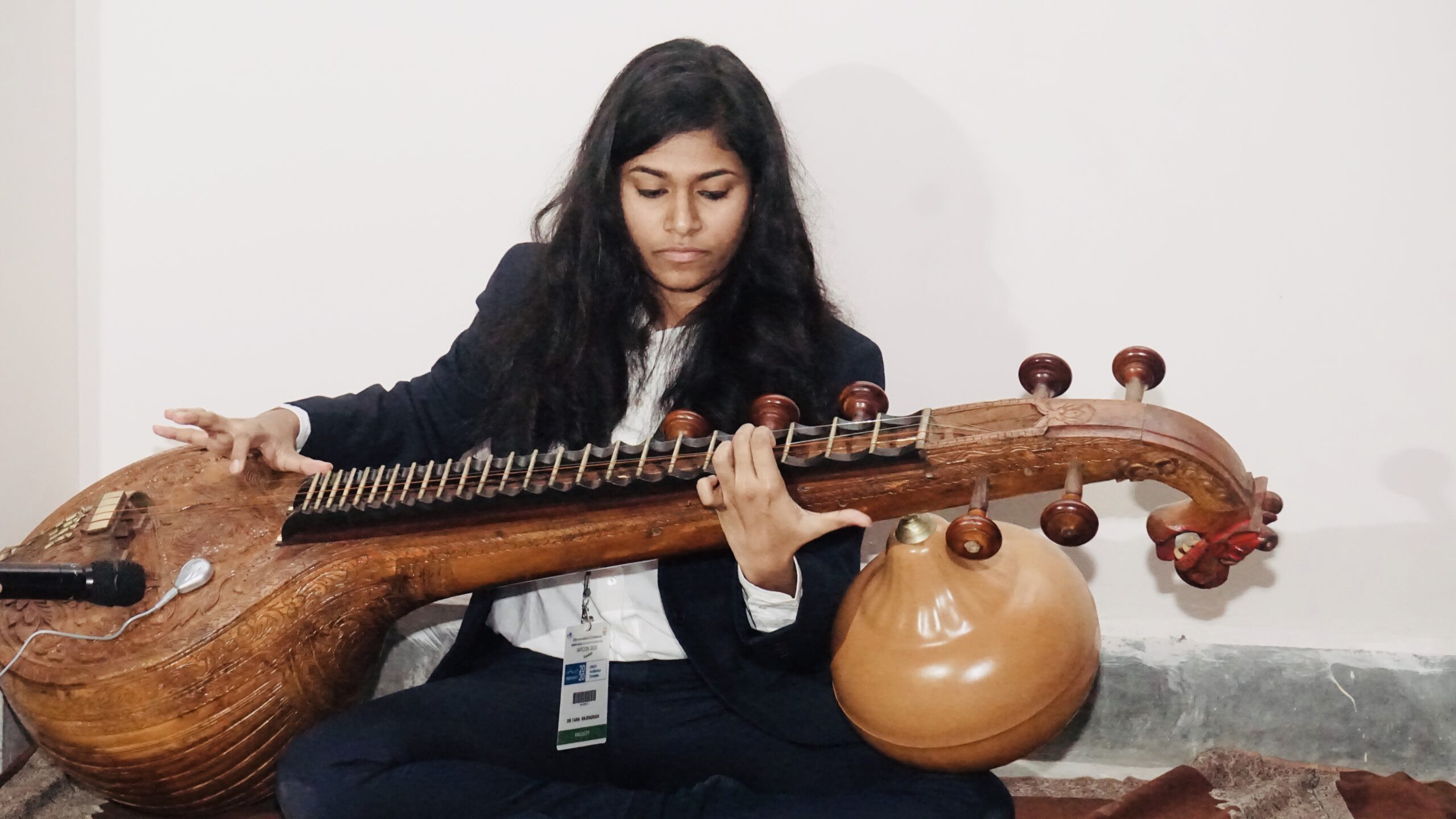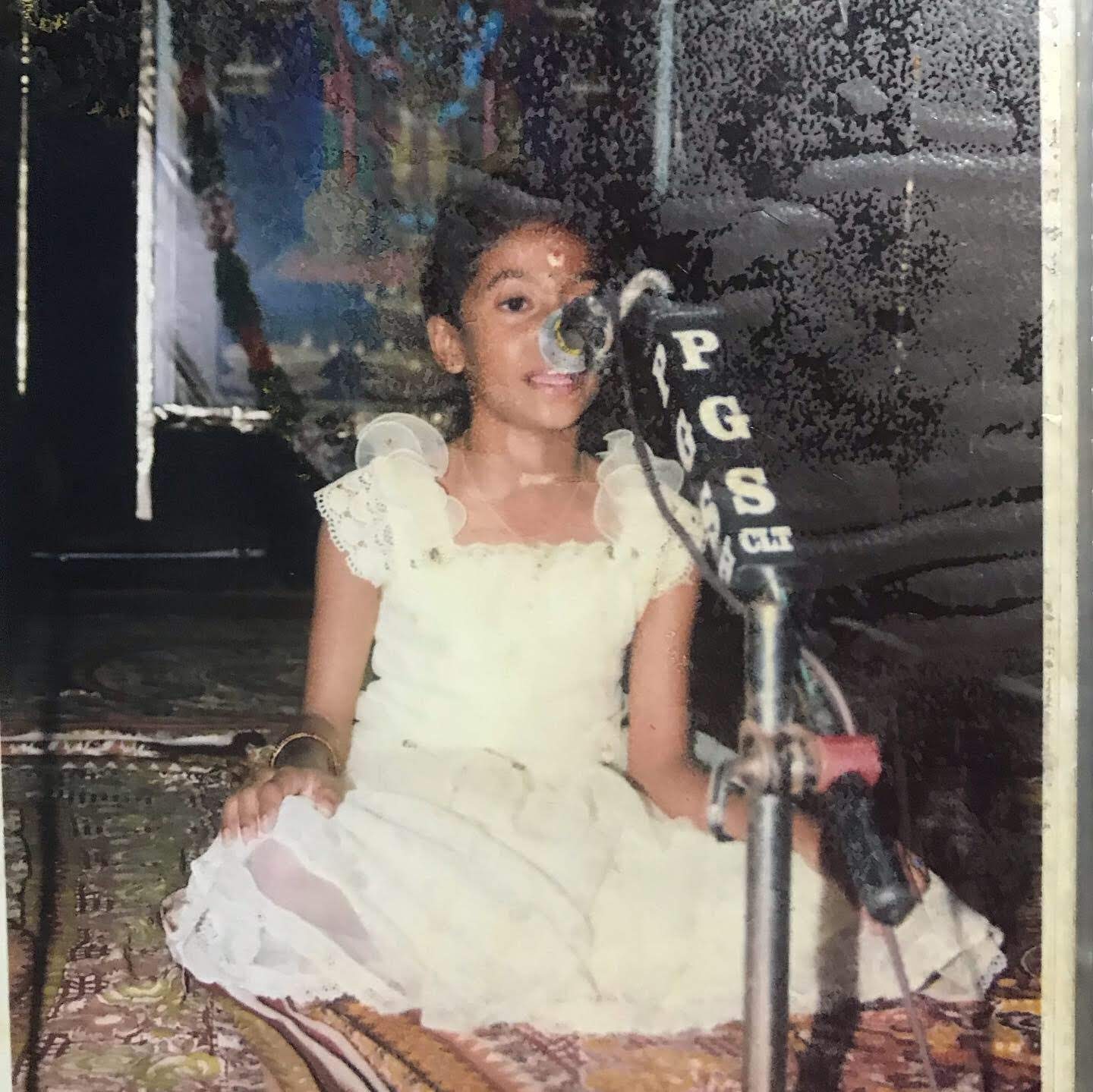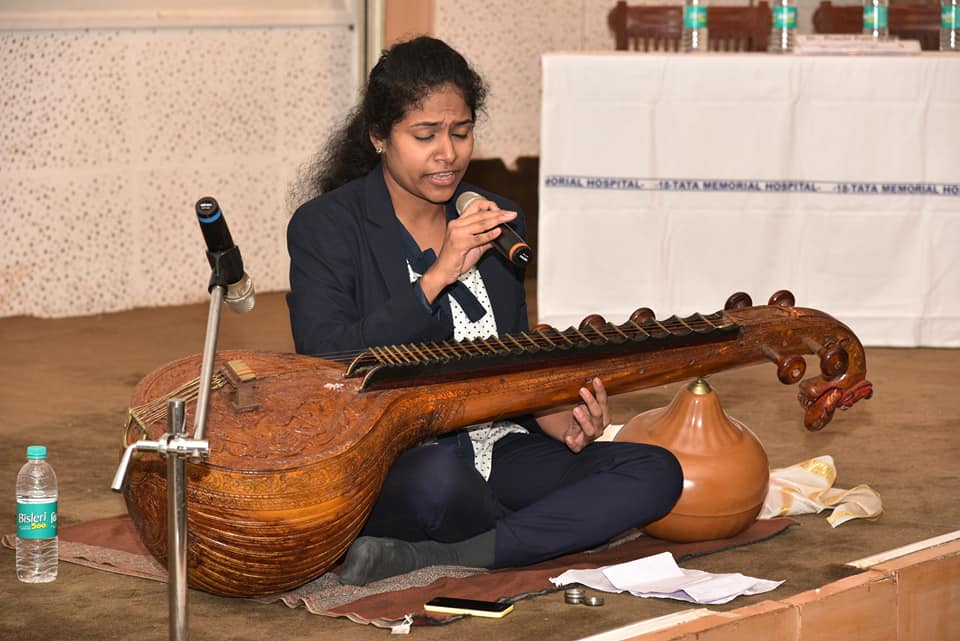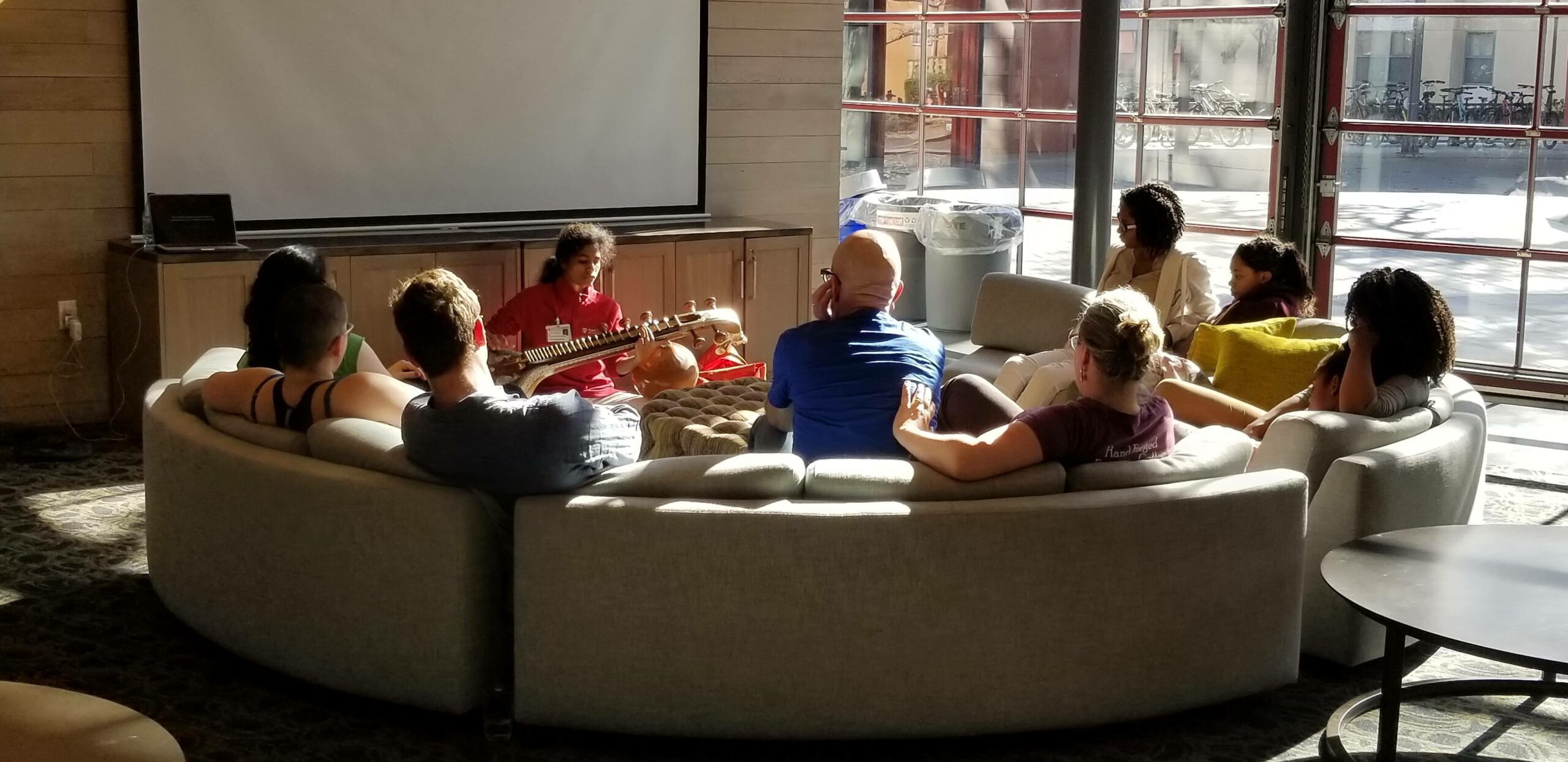Have we heard anyone say — “I received chemotherapy” — when all they have done is swallow a 500 mg Paracetamol? Similarly, I have observed frivolous connotations of ‘music therapy’ in plenty of instances. Many of the healthcare infrastructures of the lower and middle income countries (LMIC), including India, are not privy to music therapy as it’s not yet an established healthcare profession in many countries.
The official definition of music therapy set by American Music Therapy Association (AMTA) is the “clinical and evidence-based use of music interventions to accomplish individualised goals within a therapeutic relationship by a credentialed professional who has completed an approved music therapy program”.
Music Therapy is supportive care, and it does not replace the standard treatment course.

There is burgeoning evidence that report, as an adjunct, music-based interventions (MBIs) have certainly had measurable positive outcomes in various illnesses.
Although India has a rich and diverse repertoire of music, we have underutilised music’s potential in healthcare. There are no national medical commission (NMC/MCI) accredited music therapy training courses in India. Hence, there are no board certified/licensed music therapists in India.
I am often asked, “Don’t you think this is tedious and time-consuming? It is only music;” or “can’t we just give music to patients without these meticulous scientific trials?” It would certainly take time. Medical science doesn’t work with anecdotal evidence as they might be heavily biased. We need evidence from scientific methods that are reproducible and peer reviewed. Every medical intervention that we use today has gone through months or years of rigorous scientific studies and scrutiny.
Where should we start now?
My Journey; Finding the Intersection

One of my oldest and warmest memories is witnessing music’s salubrious effect in alleviating my maternal grandma’s stress and anxiety while she was incapacitated with the back pain associated with acute lymphoblastic leukemia. There would always be concerts of Semmangudi swami or Chitti babu wafting out from the radio. She passed away in 1998.
I was soon enrolled in Carnatic music vocal lessons and then, two years later, into ‘Saraswati Veena’ classes. The enigmatic and entrancing timbre of Veena became an intimate part of my life in no time. Reflecting on those years, meandering through the elements of emotions evoked by the ragas fostered in me was to communicate my thoughts and sentiments precisely and effectively.
During my medical school training, I secured a bachelors (BA) and masters (MFA) degree in ‘Veena’, which was mostly restricted to the academic classical music. It was in the same time span that my interest in cancer care had piqued owing to the clinical and academic exposure in hematology/oncology, and I rotated through these programs at Harvard, Stanford and Cornell for nine months.
I marveled at how brilliantly they had ingrained music’s therapeutic potential into the US healthcare infrastructure. Soothing live instrumental music was played on the cello, piano and harp in the patient waiting areas and chemotherapy rooms. There was recorded music in receptions. This is an intervention that sets a calm ambience, which is helpful for patients and healthcare staff.
It is important to reflect, despite having a large and ancient musical heritage, why in India we have not incorporated music into our healthcare infrastructure. In addition to the two ancient, classical music traditions, (Hindustani/north Indian and Carnatic/south Indian), there are folk music, playback tracks, hip-hop, devotional and independent record label albums.
Recently the USA completed over 70 years of introducing music therapy into their academic curriculum and it’s important to contemplate where we stand currently.
Need of The Hour

According to the AMTA definition of music therapy; India has two major deficiencies that need to be addressed — clinical and evidence-based use of music interventions and approved music therapy program and credentialed professional/music therapist.
For instance, various Randomised Controlled Trials (RCTs)—which are considered to be a gold-standard research design—conducted spanning over a decade among pediatric epilepsy patients across continents show Mozart’s sonata K.448 has been reported to reduce seizure recurrence.
There is also a dearth of blinded peer reviewed scientific studies using musical interventions that are tailored to Indian population. The existing studies are colossally heterogenous, in terms of the specificity of the musical interventions, study populations, duration of the interventions and study designs.
NMC is the Indian regulatory body that regulates medical education and medical professionals. If India has an NMC accredited music therapy programme, their expertise can be utilised in multiple specialties of medicine — from palliative oncology to pediatric neurology, from geriatrics to psychiatry, and from cardiology to surgery.
The need of the hour is to form an expert panel of physicians, musicians and physician-musicians to work on setting an NMC-accredited music therapy training/degree course. This way, after a few years India would have music therapists in every hospital as part of the healthcare infrastructure.
Advocacy Programs: Lecture-Concerts

In March 2019, I launched a lecture-concert advocacy program, ‘Oncology and Strings,’ addressing primarily medical students, oncologists and palliative care physicians. Here I speak about the current hurdles and how we could bridge the existing deficiencies.
The reason why start with medical students is because they have opportunities to conduct clinical trials using musical interventions under the guidance of oncologist mentors. Creating more clinical evidence that illustrates the measurable salubrious effects of musical interventions is the first step in this journey. I had the honor to be invited to various medical colleges, cancer centers and international conferences to give lecture-concerts which includes Manipal University, Tata Memorial Hospital-Mumbai, Asian Medical Students Association-India chapter-annual conference 2020, 27th International Conference of Indian Association of Palliative Care. As part of Oncology and strings, I am also lending free-non-copyrighted mp3 Veena clips to palliative centers which have outreached and impacted over 10,000 patients.
Currently, many medical students are involved in clinical research using musical interventions. I am assured sooner or later, there will be a day in India, where a patient will listen to musicians playing live in the hospital corridors as they wait for their physicians while also awaiting a music therapist’s service as an adjunct along with their standard treatment.
(Written by Dr Tara Rajendran; Edited by Yoshita Rao)
No comments:
Post a Comment